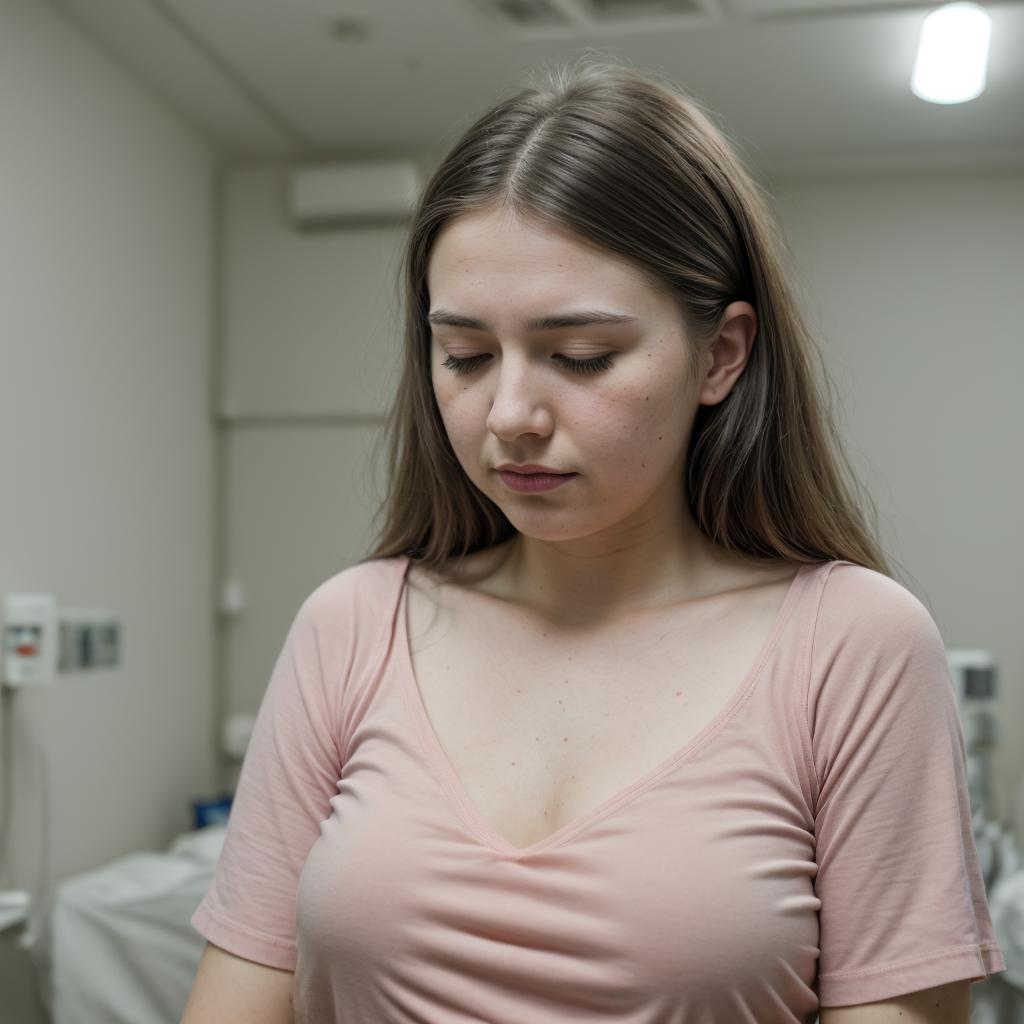
Hay fever, medically known as allergic rhinitis, is a common allergic condition that affects millions of people worldwide.
It is characterized by symptoms such as sneezing, runny or stuffy nose, itchy eyes, throat irritation, and congestion. Despite its name, hay fever is not caused by hay, nor does it produce fever. Rather, it is triggered by allergens such as pollen, mold spores, pet dander, and dust mites. In this article, we will delve deeper into the causes, symptoms, diagnosis, and management of hay fever.

Causes
Hay fever is primarily caused by the body’s immune system overreacting to allergens in the environment. When a person with hay fever comes into contact with these allergens, their immune system releases chemicals such as histamine, which leads to the characteristic symptoms of the condition. Common triggers of hay fever include:
Pollen: Pollen from trees, grasses, and weeds is a major trigger for hay fever, especially during certain times of the year when plants are in bloom.
Mold Spores: Mold spores thrive in damp environments such as basements, bathrooms, and areas with poor ventilation. Inhaling these spores can trigger allergic reactions.
Pet Dander: Proteins found in the skin flakes, saliva, and urine of pets can trigger allergic reactions in susceptible individuals.
Dust Mites: These microscopic organisms live in household dust and can trigger hay fever symptoms when inhaled.
Symptoms
The symptoms of hay fever can vary in severity from person to person and may include:
Sneezing
Runny or stuffy nose
Itchy or watery eyes
Throat irritation
Coughing
Fatigue
Headache
Loss of smell or taste
These symptoms can significantly impact a person’s quality of life, leading to sleep disturbances, difficulty concentrating, and decreased productivity.
Diagnosis
Diagnosing hay fever typically involves a combination of medical history, physical examination, and allergy testing. Your healthcare provider will ask about your symptoms, their duration, and any triggers that worsen them. A physical examination may reveal signs such as nasal congestion, swelling, and nasal discharge. Allergy testing, such as skin prick tests or blood tests, can help identify specific allergens that trigger your symptoms.
Management
While hay fever cannot be cured, various treatments and strategies can help manage symptoms and improve quality of life. These may include:
Avoiding Allergens: Minimize exposure to known triggers such as pollen, mold, pet dander, and dust mites by keeping windows closed during high pollen seasons, using air purifiers, and regularly cleaning your home.
Medications: Over-the-counter and prescription medications such as antihistamines, decongestants, nasal corticosteroids, and nasal sprays can help alleviate symptoms.
Immunotherapy: Allergy shots or sublingual immunotherapy can help desensitize the immune system to specific allergens, reducing the severity of hay fever symptoms over time.
Nasal Irrigation: Rinsing the nasal passages with a saline solution can help remove irritants and alleviate congestion.
Allergy-Proofing Your Home: Use allergen-proof covers for pillows and mattresses, wash bedding frequently in hot water, and vacuum carpets and upholstered furniture regularly to reduce exposure to dust mites and pet dander.
Hay fever is a common allergic condition characterized by symptoms such as sneezing, nasal congestion, and itchy eyes. While it can be bothersome, especially during allergy seasons, effective management strategies are available to help alleviate symptoms and improve quality of life. By understanding the causes, symptoms, diagnosis, and management options for hay fever, individuals can take proactive steps to minimize the impact of this condition on their daily lives. If you suspect you have hay fever, consult with your healthcare provider for proper evaluation and personalized treatment recommendations.



